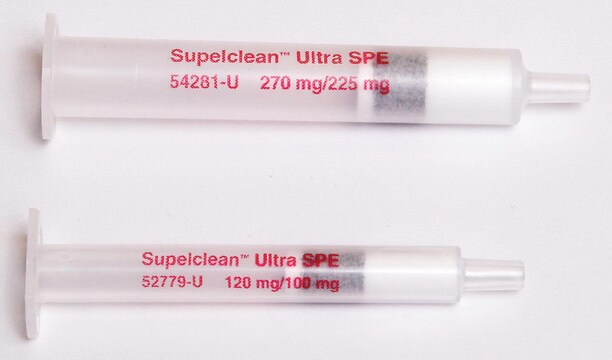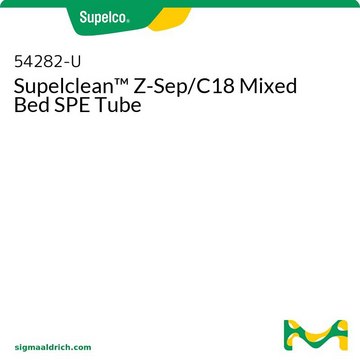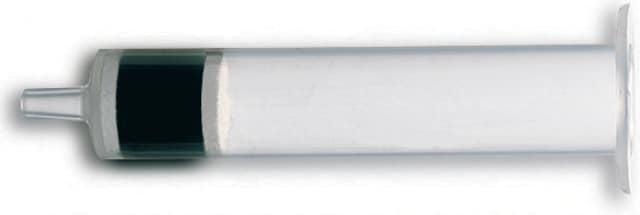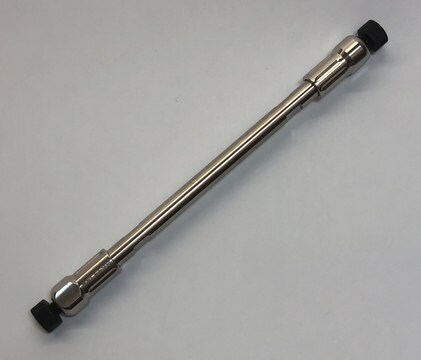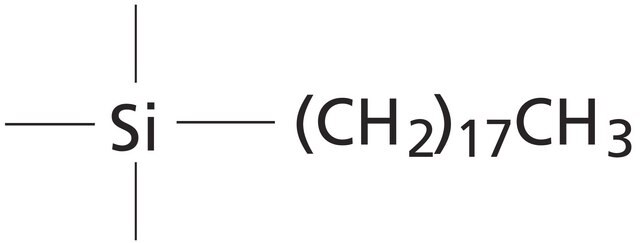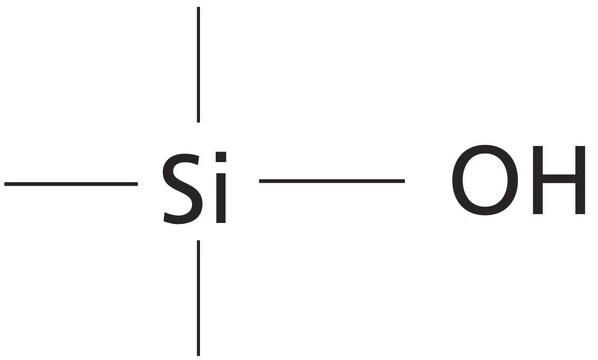54341-U
Supelclean™ EZ-POP NP solid phase extraction (SPE) Tube
volume 12 mL, pkg of 20
About This Item
Productos recomendados
product name
Supelclean™ EZ-POP NP, volume 12 mL, pkg of 20
material
polypropylene tube
Quality Level
product line
Supelclean™
composition
bed A, 1.25 g (Supelclean™ LC-Florisil®)
bed b, 1.25 g (Z-Sep/C18)
packaging
pkg of 20
technique(s)
solid phase extraction (SPE): suitable
volume
12 mL
matrix active group
C18 bonding phase
florisil bonding phase
zirconia bonding phase
application(s)
food and beverages
General description
Sample Matrix Compatibility: Oils
- Dual layer SPE that contains both LC-Florisil® (upper layer) and Z-Sep/C18 (lower layer) SPE sorbents, separated by a PE frit.
- Developed to offer superior cleanup when analyzing non-polar persistent organic pollutants (POPs) from oil matrices.
- Fatty matrix is preferentially retained by the cartridge, while non-polar POPs are washed through using acetonitrile.
This multi-bed solid phase extraction (SPE) cartridge was designed for the extraction of non-polar persistent organic pollutants (POPs), specifically heavy and light polynuclear aromatic hydrocarbons (PAHs), from edible oil matrices such as olive and corn oil. Fatty matrix is preferentially retained by the cartridge while PAHs are washed through using acetonitrile. The resulting extract is suitable for either GC-MS or HPLC-FLD analysis. The top layer of the SPE cartridge consists of Florisil®, a polar adsorption media that interacts with polar functional groups such as acids and alcohols. The bottom layer is comprised of a mixture of Discovery® DSC-18 and Z-Sep sorbents. C18 binds fatty matrix through hydrophobic interaction. Z-Sep, a zirconia coated silica, acts as a Lewis acid, interacting with the oxygen within OH and COOH groups found in fatty acids and mono and diacylglycerols.
Legal Information
Storage Class
11 - Combustible Solids
wgk_germany
WGK 3
flash_point_f
Not applicable
flash_point_c
Not applicable
Elija entre una de las versiones más recientes:
¿Ya tiene este producto?
Encuentre la documentación para los productos que ha comprado recientemente en la Biblioteca de documentos.
Los clientes también vieron
Protocolos
Polychlorinated biphenyls (PCBs) were once widely used in many industrial and commercial applications such as insulating fluids, dielectrics, and lubricants. This included their extensive use in electrical transformers. PCB use has been banned in many countries, and the Stockholm Convention currently prohibits their production and use.
Paprika is a spice made from dried sweet peppers, and is used for flavor and color in many types of cuisine. Contamination with polynuclear aromatic hydrocarbons (PAHs) can occur when pepper plants are exposed to these pollutants in the environment and/or during the drying process.
Contenido relacionado
Solid phase extraction purifies samples for chromatographic analysis, improving data quality and protecting analytical columns.
La extracción en fase sólida (SPE) es una técnica utilizada para la preparación y la purificación rápidas y selectivas de la muestra antes del análisis cromatográfico (p. ej. HPLC, GC, TLC). La SPE se utiliza para cambiar matrices de muestra, concentrar analitos y eliminar interferencias y contaminantes con el fin de mejorar los datos y proteger la columna analítica.
Nuestro equipo de científicos tiene experiencia en todas las áreas de investigación: Ciencias de la vida, Ciencia de los materiales, Síntesis química, Cromatografía, Analítica y muchas otras.
Póngase en contacto con el Servicio técnico